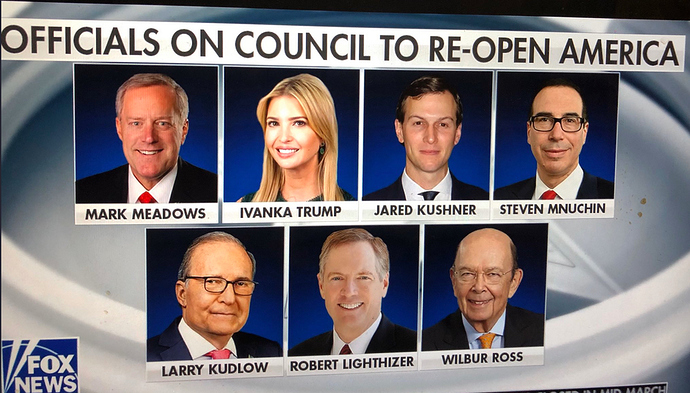 Yes!
Yes!
Supreme Court will listen to the oral arguments presented regarding whether T’s taxes can be revealed via his accounting firm Mazars. In a surprise move, the Supreme Court will make provisions to hear the cases and determine whether this is a ‘valid’ case, and ultimately allowing T’s taxes to be shown.
On the same day that a Democratic-led US House committee voted for articles of impeachment against President Donald Trump, the Supreme Court made its own momentous decision to intervene in Trump’s effort to keep his tax returns and other financial records secret.
The justices agreed to resolve in spring 2020 if a sitting president should be immune from any criminal proceeding, whether related to conduct before taking office or even – to use Trump’s famed example – shooting someone on Fifth Avenue in New York. The high court also said it would determine the oversight authority of Congress in paired disputes arising from attempts by House Democrats to obtain Trump’s financial documents.
…
Now, all nine will be thrust into a high-stakes battle between the executive branch and Congress, as well as the longstanding controversy regarding Trump’s refusal to make public his tax returns.
None of the three cases involve Trump’s official actions as President. They trace to his business dealings before taking office, such as possibly directing “hush money” to women who have claimed they had affairs with him.
In all three cases the justices are scheduled to hear in March, lower court judges grounded their decisions against Trump in decades-old Supreme Court precedent that would allow a President to be subpoenaed or sued. So, any reversal would be startling.
…
Running out the clock
The acceptance of a case for review does not determine the outcome. Nonetheless, the Supreme Court’s brief order on Friday signals that at least four justices – the number required to grant a case a hearing – believe Trump has a legitimate claim in his assertions that a president should be protected from state investigation while in office and similarly shielded from broad congressional oversight.
On a practical level, even though Trump lost the early rounds on all these disputes, he has nonetheless prevailed in running the clock and fighting subpoenas that were issued months ago.
In urging the justices not to hear Trump’s effort to block a subpoena to his longtime accountants Mazars USA, lawyers for the US House noted that House members are elected for two-year terms, so further delays would "prevent the people’s representatives from carrying out their constitutional duties in the limited remaining time they possess."
Trump’s lawyers countered that if the high court failed to intervene, elected officials would use their subpoena authority to try to find “dirt” on political rivals: “Intrusive subpoenas into personal lives of Presidents will become our new normal in times of divided government – no matter which party is in power.”
The Supreme Court will hear major cases on President Donald Trump’s financial documents, religious freedom and the Electoral College via telephone next month and make oral arguments available for live audio broadcast in an unprecedented move.
The announcement comes as the country is grappling with the coronavirus pandemic and it means that the justices will move into new territory, asking their questions over a phone line in lieu of the usual back and forth dialogue in their august courtroom.
“In keeping with public health guidance in response to Covid-19, the justices and counsel will all participate remotely,” the court said in a statement.
No justices will be in the courtroom and there will be no on-camera component, court spokeswoman Kathy Arberg confirmed.
Oral arguments will be heard on May 4-6 and May 11-13, but the specific dates for each case are yet to be determined, the court said.

 Yes!
Yes! Our lives are in the hands of a mad man.
Our lives are in the hands of a mad man.